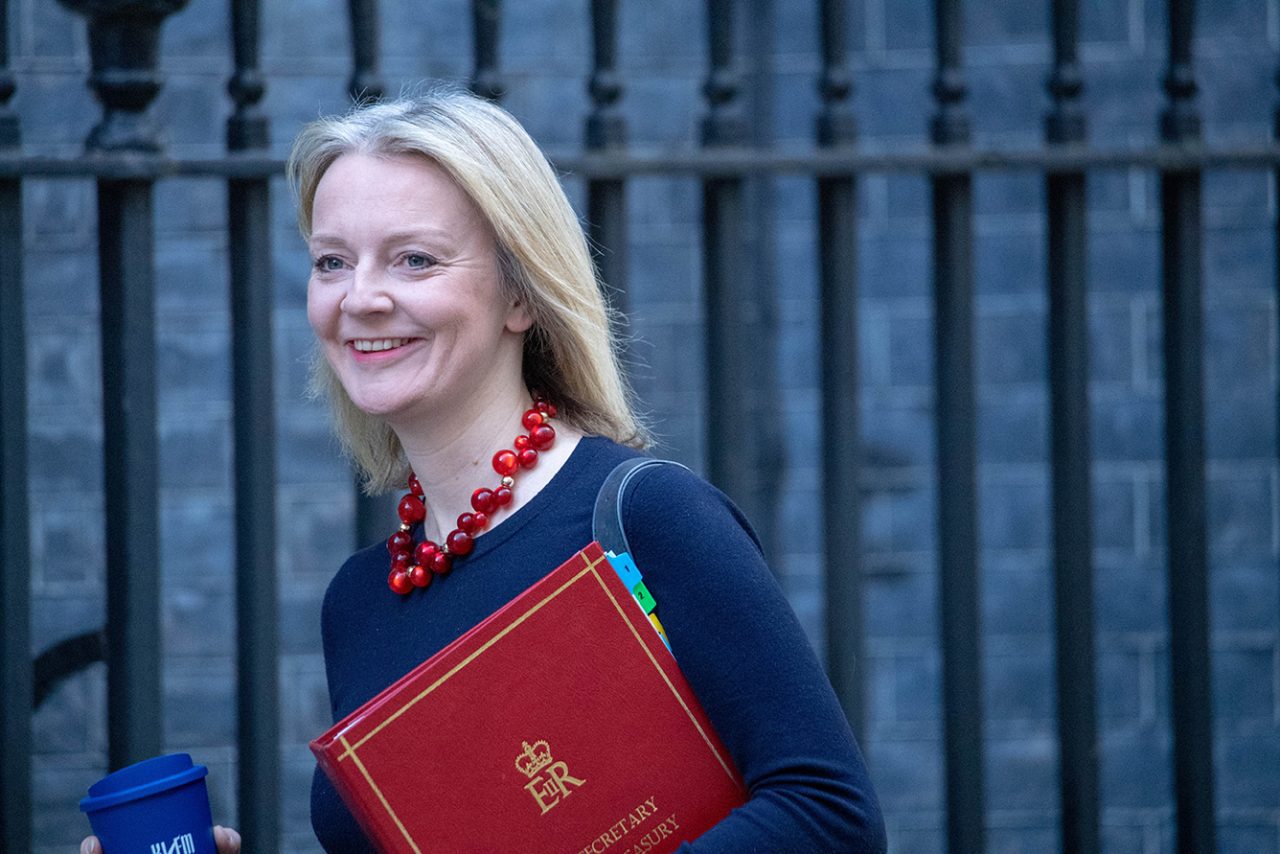Truss’s Plan To Save Britain’s Businesses From The Energy Crisis. Will it Work?

It’s better than a plaster but worse than a cure.
Plan Insurance can accommodate your Property Owners & Landlord Insurance needs. Just fill in our short call back form, and our professional brokers will be in contact to arrange your insurance.
Liz Truss has an unenviable job, but it’s the one she wanted
Boris’ rule during covid was difficult, but contending with the cost of living of crisis may not prove much easier. We are experiencing prices rising faster and higher than they have in generations.
Worst of all are the energy bills. Prices are already so high many households don’t foresee being able to heat their houses this winter. Wholesale prices have been projected to rise even further.
Businesses are struggling to keep up with fast-disappearing margins as energy costs increase. Before Liz Truss moved into her new office, she promised to cut taxes, reverse the National Insurance hike, halt the rise in corporation tax and overhaul business rates.
The Prime Minister has made it clear that she is in no rush to pay back the cost of our Covid response and that she wants the private sector to grow faster than the public sector, in order to ‘reduce the size of the state’.
Liz’s Plan for Energy
Of the the 5.5m small businesses in the UK, the biggest issue facing most of them is fast rising energy bills. In her post-win energy plan, she guaranteed that households would have a limit on the price suppliers could charge for each unit of energy.
From October 2022, annual household energy bills will not rise over £2,500. Without this cap, the annual bill would have been approximately £3,549 for a typical household.
The government have announced that a cap will also be in place for businesses over the coming six months. The scheme to limit energy costs for businesses will also cover public sector groups like schools and charities. Unfortunately, this is a shorter period of protection than many had hoped for.
Although the plan will only be in place for half a year, the government has promised to review it after three.
Downing Street said the price cap would boost economic growth and curb inflation by as much as 5%. At the time of writing the rate at which prices rise is currently at a 40-year high of 10.1%, driven mainly by soaring energy prices.
The Energy Bill Relief Scheme
Similar to the domestic model, the government will give businesses a discount on gas and electricity unit prices. The unit prices will be compared to a ‘government support price’, with the government paying the difference.
For all ‘non-domestic’ (i.e. business or public sector) energy users in Great Britain, this government-supported price has been set at
£211 per megawatt-hour (MWh) for electricity£75 per MWh for gas
So, what happens after six months?
There is no doubt that a six-month energy bill cap will save plenty of businesses from closing and keep thousands more commercially viable for their owners. It has been called a ‘serious intervention: less a sticking plaster than a tourniquet’, by a journalist at The Times.
However, the high energy costs won’t magically end in six months. The government’s help, as things stand, will. This is a temporary measure that does not solve the heart of the crisis.
The former head of energy strategy at the business department, Adam Bell, said ‘Six months is not a long time for businesses; they’ll need to make decisions about their future income, how they invest and how they pay their staff’.
Truss needs to take make long-term decisions to minimize the effects of the cost of living crisis
Liz Truss has said that ‘shops and pubs would continue to be supported, but that vague promise is not comforting for business owners, especially those outside of hospitality.
Truss has also suggested companies need to improve energy efficiency, but many have called that cheap advise. Inflation has seen most business costs rise dramatically, and many businesses are unlikely to have spare cash lying around to pay for better insulation or other upgrades.
Analysts believe gas will be just as high next summer as it is today. No one expects the government to solve a global crisis in six months, but should it be doing more to limit Britain’s exposure to wholesale market rises.
The future of energy
Britain is looking to explore natural gas options in Norway and the North Sea, and alternative long-term electricity supply contracts from wind, solar and nuclear sources.
Britain also needs to end its stalemate with the EU over the framework for cross-border power trading, which has become expensive and difficult since Brexit. Many believe it would benefit everyone in the EU to explore a shared cap on wholesale gas prices.
Without significant shifts in trading and supply, the government will have to extend The Energy Bill Relief Scheme. In doing so, they will put a strain on an economy that has only just started recovering from the pandemic.



